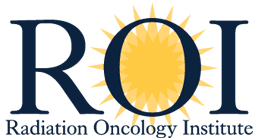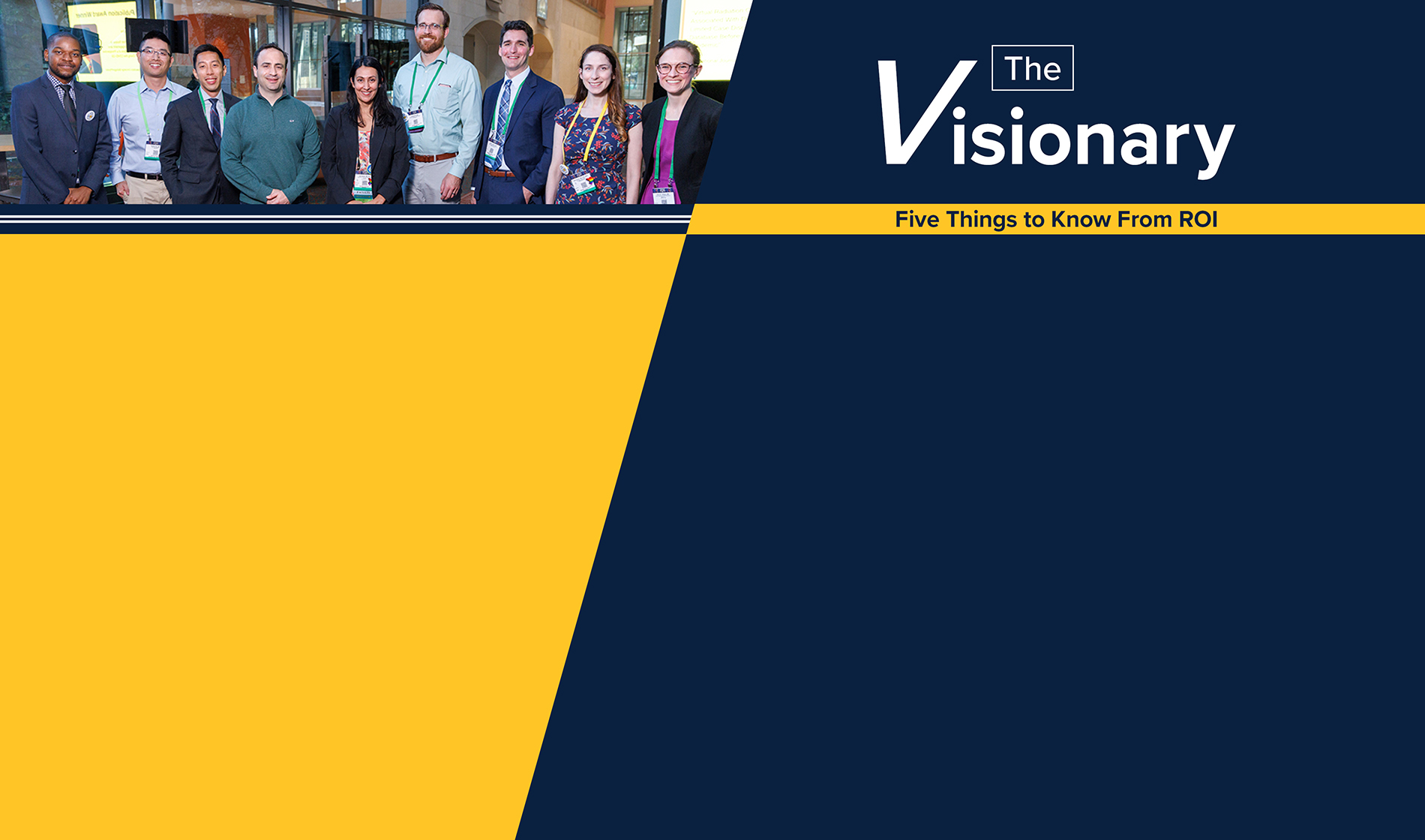2024 ROI Publication Excellence Award Winners
The Radiation Oncology Institute (ROI) – the ASTRO Foundation – is thrilled to honor three early career investigators with this year’s Publication Excellence Awards. Each is the lead author of an outstanding manuscript or collection of articles on research that addresses an important problem or critical barrier in radiation oncology, has the potential to change current thinking, and advances one or more of the ROI research priorities. The following investigators are the recipients of the 2024 ROI Publication Excellence Awards for their exceptional contributions to the field of radiation oncology in the past year.

Jie Jane Chen, MD, University of California San Francisco
Dr. Chen and her colleagues published, “Patient Education Practices and Preferences of Radiation Oncologists and Interprofessional Radiation Therapy Care Teams: A Mixed-Methods Study Exploring Strategies for Effective Patient Education Delivery” in the International Journal of Radiation Oncology • Biology • Physics. They conducted an international survey of radiation oncologists and interprofessional radiation oncology care team members within the Radiation Oncology Education Collaborative Study Group (ROECSG) to assess patient education practices across different settings. By highlighting the importance of personalized and inclusive educational strategies, their work offers new insights into how patient education can be optimized to improve treatment outcomes and the patient experience.

Felix Ehret, MD, Massachusetts General Hospital
Dr. Ehret and his colleagues published “Clinical Implications of DNA Methylation‑based Integrated Classification of Histologically Defined Grade 2 Meningiomas” in Acta Neuropathologica Communications. Their work addresses the important question of how an improved risk stratification of patients with grade 2 meningiomas — a particularly heterogeneous tumor in terms of clinical outcomes — may affect clinical management. By applying an integrated molecular classifier, they demonstrated that the refined tumor classification could have informed the treatment decision making in a considerable proportion of patients, especially regarding the use of radiotherapy. These insights could help to improve the quality of radiation care and refine treatment algorithms for patients with grade 2 meningiomas.

Omran Saifi, MD, Mayo Clinic Jacksonville
Dr. Saifi and his colleagues published a series of articles on integrating radiation with CAR T-cell therapy for non-Hodgkin lymphoma. Their body of research demonstrates the potential role of radiation therapy as bridging, consolidative and salvage approaches to enhance local control and improve disease-specific survival in patients with non-Hodgkin lymphoma, particularly for those with limited (<5 sites) peri-CAR T-cell therapy disease. Additionally, they developed an algorithm to optimize the integration of these therapies. The papers present compelling evidence that radiation therapy enhances treatment outcomes for patients and reduces the need for subsequent salvage therapies. This work is laying a foundation for radiation therapy as a crucial component in the multimodal management of non-Hodgkin lymphoma.

This year, ROI partnered with Association of Residents in Radiation Oncology (ARRO) to accept nominations for their inaugural ARRO DEI Publication Award in conjunction with the Publication Excellence Awards. The winner of the 2024 ARRO DEI Publication Award is Nicholas Verdini, MD, who will start his residency in radiation oncology at Stanford University in 2025. He is the lead author of the article “Patient-Reported Outcomes as a Recruitment Strategy for Clinical Trial Enrollment” that was published in JAMA Oncology.
All of the publication award winners will be honored in person at the Sunday Lunch with ROI during the 2024 ASTRO Annual Meeting and receive a $1,500 cash award. Join ROI in congratulating these brilliant early career investigators on their recent research achievements!














